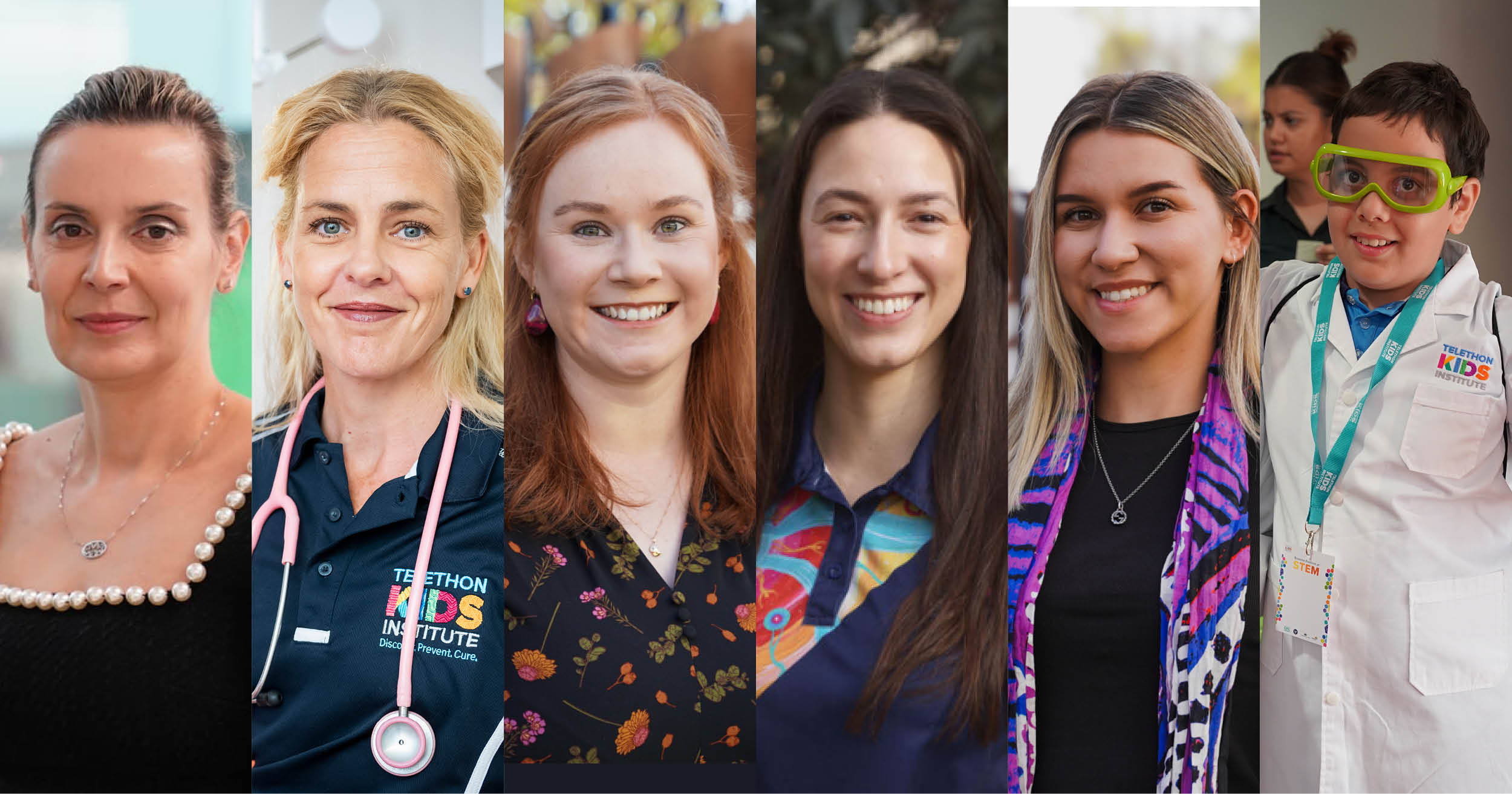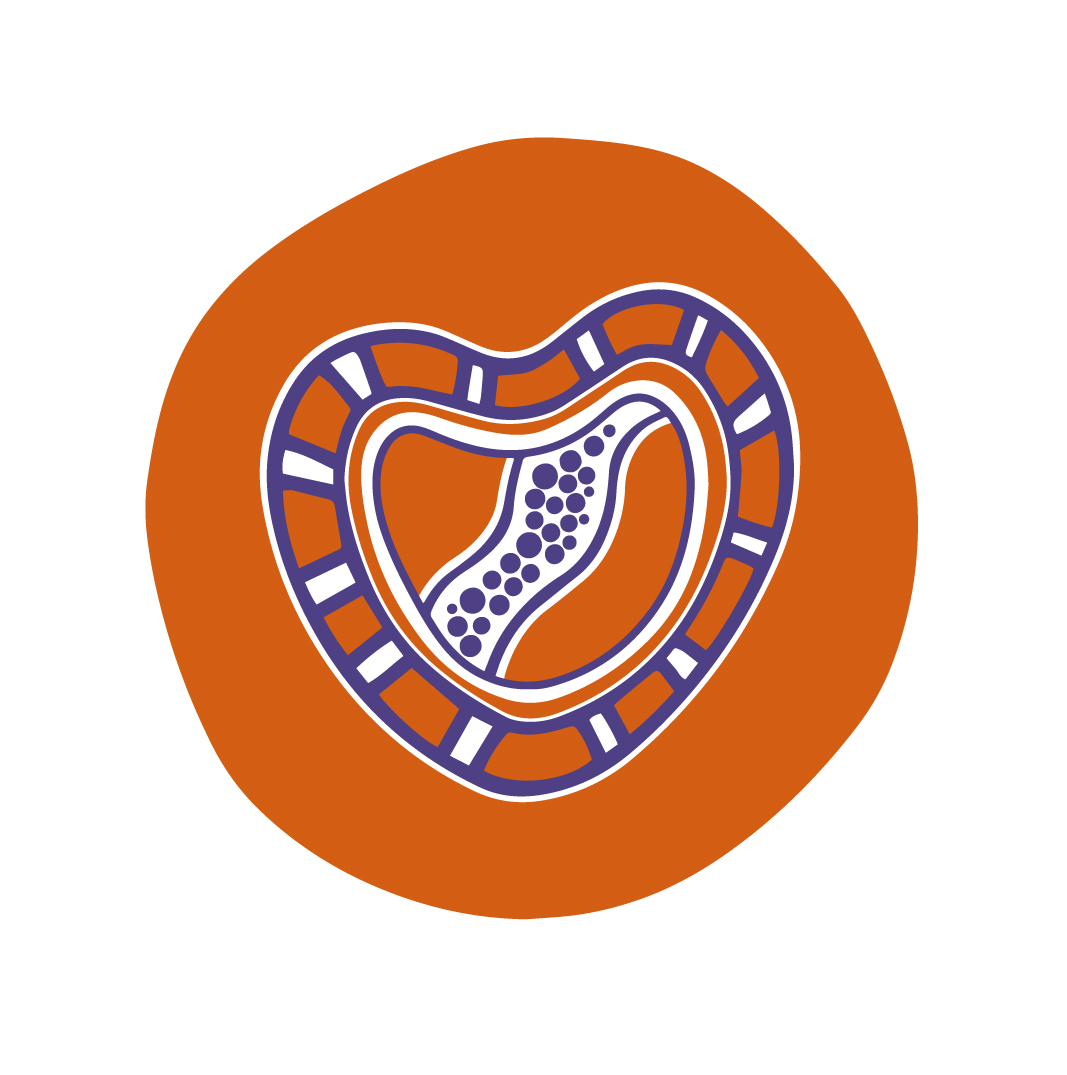Search
Showing results for "mental health aboriginal"
Research
Transfers of disadvantage across three generations using latent class associations within familiesThere is a large volume of research on the persistence of advantage and disadvantage across generations. Intergenerational studies typically address family resources as independent factors, which ignores how risks cluster together and accumulate over time.
Research
Association between socioeconomic status and the development of asthma: analyses of income trajectoriesUsing data on 2868 children born in the Western Australian Pregnancy Cohort (Raine) Study, we examined the association between changes in family...
Research
Pregnancy and birth outcomes of mothers with intellectual disability and their infants: Advocacy needed to improve well-beingFor mothers with intellectual disability, modifiable risk factors for adverse outcomes need addressing
Research
School AttendanceEach day of school missed makes a difference, with the effect on learning accumulating over time. From an early age, if children are taught that they need to 'show up' for school and make a commitment, this positive mentality aids academic and career success and brings benefits in adulthood.

News & Events
The Kids researchers named finalists in 2024 Premier’s Science AwardsFive The Kids Research Institute Australia researchers and a popular Institute-led science festival for kids have been named as finalists in the 2024 Premier’s Science Awards.
Research
Retirement, housing mobility, downsizing and neighbourhood quality - A causal investigationThis paper provides the first causal evidence on the impact of retirement on housing choices. Our empirical strategy exploits the discontinuity in the eligibility ages for state pension as an instrument for the endogenous retirement decision and controls for time-invariant individual characteristics. The results show that retirement leads to a statistically significant and sizable increase in the probability of making a residential move or the likelihood of becoming outright homeowners.
Research
The impact of weather on time allocation to physical activity and sleep of child-parent dyads - Life Course Centre Working Paper Series 2021This study explores the differential impact of weather on time allocation to physical activity and sleep by children and their parents. We use nationally representative data with time use indicators objectively measured on multiple occasions for more than 1,100 child-parent pairs, coupled with daily meteorological data.

Research
The END RHD CRE: Developing an end game for rheumatic heart disease in AustraliaThe END RHD CRE will undertake a number of projects across several disciplines of research including epidemiology, biomedical sciences; implementation and translation; and understanding the RHD community with a special focus on documenting the experiences of those living with the disease.
Research
Yarning with a remote Aboriginal community about the next steps for achieving healthy skinSkin health is widely recognised as being important for overall good health and well-being, yet the burden of skin infections in remote Aboriginal communities remains high. This project aimed to explore if virtual support for skin health could be a strategy to reduce community barriers to skin health engagement.
Research
How Australian Fathers Shape the Trajectory of their Children's WellbeingFathers play a critical role in children’s development, yet remain under-represented in research and associated policy outcomes, leaving critical gaps in our understanding of the role and long-term impact of father involvement.
